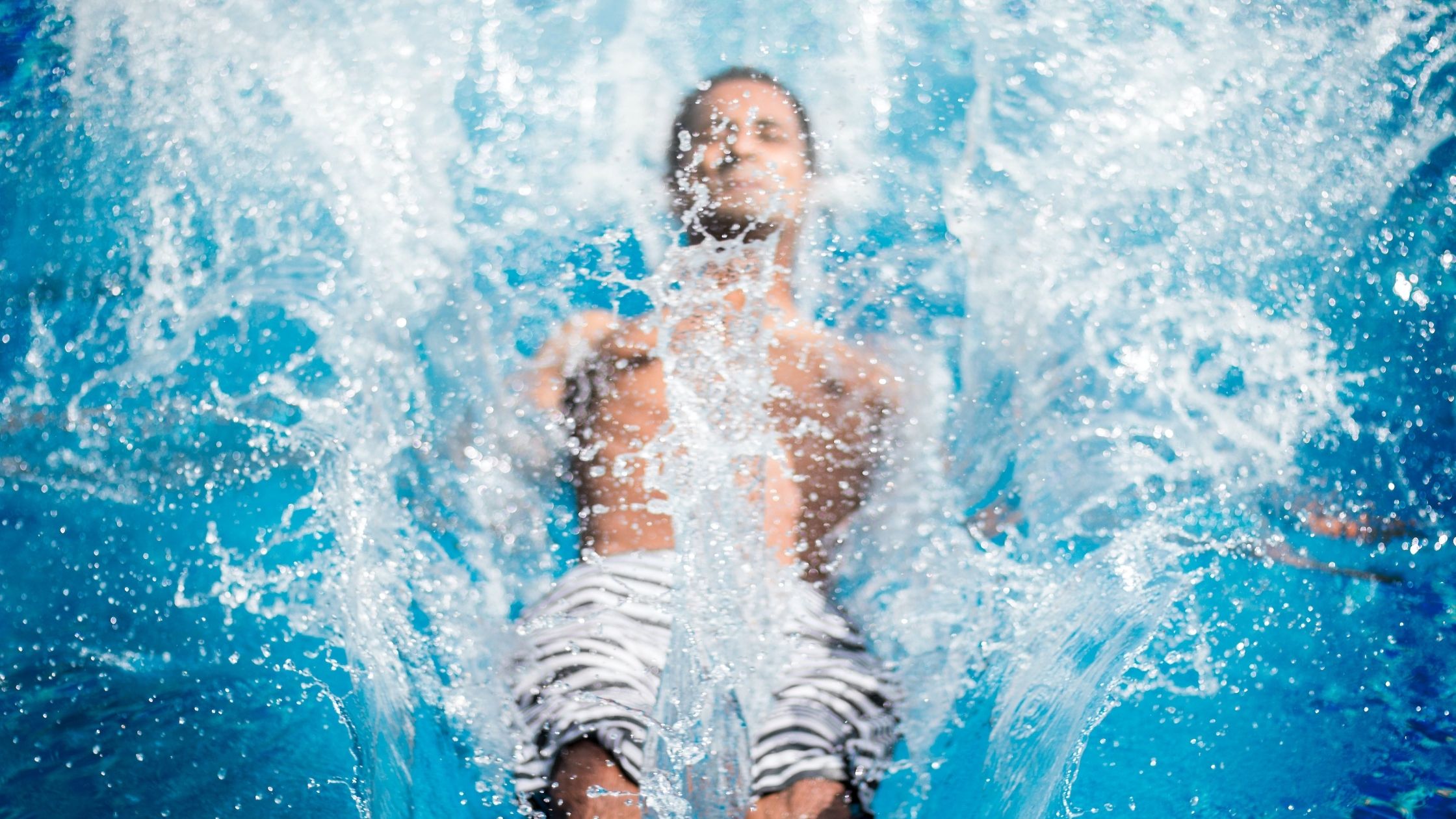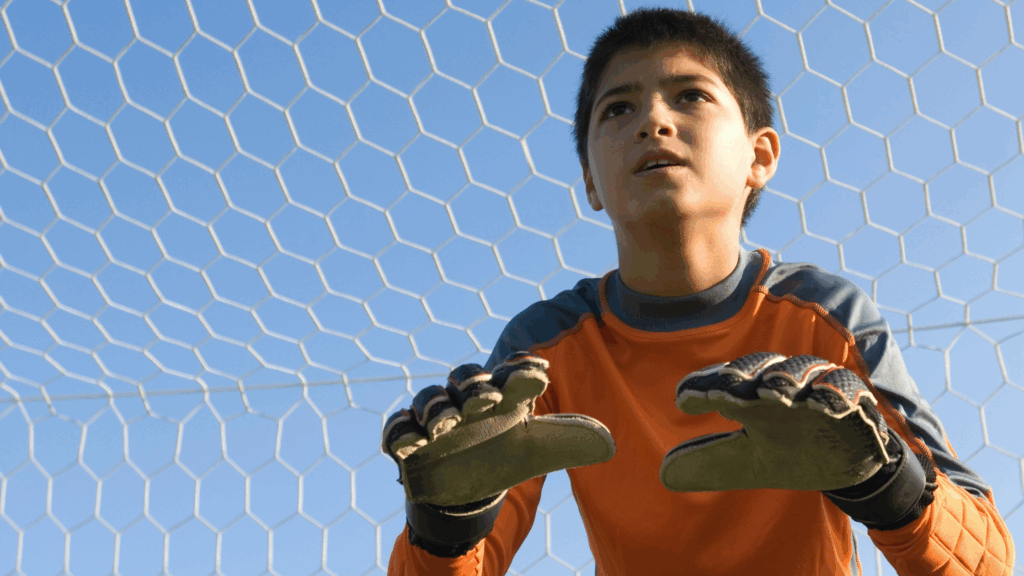 When we have baptized candidates in the RCIA, we run into a lot of complications. Ironically, training unbaptized catechumens who have little or no Christian formation can seem simpler and easier.
When we have baptized candidates in the RCIA, we run into a lot of complications. Ironically, training unbaptized catechumens who have little or no Christian formation can seem simpler and easier.
But it doesn’t have to be that way. There are three things we can do to simplify the formation process for baptized candidates. The three things we have to do are:
- discern the level of catechesis
- plan a formation path
- choose the appropriate rites
1. Discern the level of catechesis
Take a moment to look at paragraph 400 in your RCIA text (paragraph 376 in Canada and Australia).
The following pastoral guidelines concern adults who were baptized as infants [either as Roman Catholics or as members of another Christian community] but did not receive further catechetical formation nor, consequently, the sacraments of confirmation and eucharist. (The bracketed text appears only in the USA version.)
What we learn from that is that the rites in the back of the RCIA text for baptized candidates are only for those who were baptized as infants and did not receive any kind of formation after that.
So a first step is to identify who in your process has zero formation.
If your seekers know some scripture stories, have some experience of being part of a Christian community, know some prayers, have (or had) a practice of going to church on Sunday, and are able to make some simple statement about belief in Jesus, they are not part of the RCIA.
Now, when I say they are not part of the RCIA, that does not mean they do not need formation. That leads to our next step.
2. Plan a formation path
When we think about formation paths, we absolutely must let go of our one-size-fits-all models. On the surface, it may seem that having a single formation process for everyone is the easiest option. But that is a myth. When we try to fit everyone into a single program, almost everyone winds up being bored or frustrated.
If we are going to address the specific needs of each person, we have to spend a lot of time listening and discerning where the Holy Spirit is guiding them. I guarantee you that once you know what the Holy Spirit is asking of the person in front of you, their formation needs will become clear.
Even so, once we let go of our one-size-fits-all models and we discern each individual’s formation needs, most of our uncatechized seekers (both unbaptized and baptized) will probably need similar kinds of training. We can think of the uncatechized as kind of a cohort that needs to be trained in the beginner-level basics of missionary discipleship.
That leaves us with the baptized, catechized seekers. I have three observations about this group:
- In the United States, most of the people in our RCIA process are baptized, catechized seekers
- Even though they are all technically “catechized,” the range of ability to live as a missionary disciple is huge. Some are barely catechized and others are model Christians. And everything between.
- There are no explicit preparation rites for baptized, catechized candidates in the Rite of Christian Initiation of Adults
Because there are no explicit preparation rites in the Rite of Christian Initiation of Adults for the baptized, catechized candidates, they are not part of the RCIA. Ideally, their formation would take place as part of the regular adult faith formation processes of the parish.
Now your RCIA formation process may be the only adult faith formation process happening in the parish. So these folks would wind up under your care. But that does not mean they have to fit into the same process as the uncatechized candidates and catechumens.
- Catechized candidates will need a lot less preparation than the uncatechized
- Catechized candidates do not need to all start at the same time
- Catechized candidates do not need to all finish at the same time
- Catechized candidates do not need to belong to a single group
- Catechized candidates can be formed by the activities already going on in your parish
3. Choose the appropriate rites
Diana likes to talk about the rites for baptized candidates as “life preservers.” Imagine three people are in a pool of water. One has never been in water before, one knows how to dog paddle, and one is an expert swimmer. Who needs a life preserver?
Non-swimmers (uncatechized candidates)
The preparation rites for the uncatehized candidates are like life preserves to sustain them as they are immersed into the mission of the church.
The preparation rites for the uncatechized candidates are optional. That means if one or more of the rites is not going to actually help the candidate, it doesn’t need to be celebrated. The optional rites include:
- Rite of Welcoming the Candidates
- Rite of Sending the Candidates for Recognition by the Bishop and the Call to Continuing Conversion
- Rite of Calling the Candidates to Continuing Conversion
- Penitential Rite (Scrutiny)
Note that these optional rites for baptized candidates appear only in the United States version of the RCIA.
The Canadian version of the RCIA has:
- Rite of Welcoming Candidates for Confirmation and Eucharist
- Celebrations of God’s Word
- Prayers for Strength
- Prayers of Blessing
- Rite of Calling Candidates to Lenten Renewal
- Presentation of the Creed
- Presentation of the Lord’s Prayer
- Penitential Services
- Sacrament of Penance
The Australian version of the RCIA has no preparation rites for baptized candidates.
Dog-paddlers (barely catechized candidates)
The barely catechized candidates don’t need life preservers. They need swimming lessons. They know how to stay afloat and get around the pool. They just aren’t very good at it yet. They need a lot of support, but they will be ready to swim into the mission of the church much sooner than the uncatechized. So the dog-paddlers would not celebrate any of the preparation rites for uncatechized candidates.
Expert swimmers
The well-catechized candidates don’t need much preparation at all. They can dive right into the gospel mission.
Celebrating sacraments
For the baptized candidates, whenever they are ready, we celebrate the sacraments with them. For baptized Catholics, who are seeking confirmation and eucharist, we celebrate the completion of their initiation with those two sacraments. We can celebrate those sacraments as soon as the candidates are ready. We do not need to wait until the Easter Vigil.
For those who come from other Christian traditions, we are not celebrating the completion of their initiation. We are celebrating their Reception into the Full Communion of the Catholic Church. The sacraments of confirmation and eucharist are part of that celebration. This rite should almost never be celebrated at the Easter Vigil. I know that it most often is celebrated at the Vigil, but it is not supposed to be. The United States bishops make that clear in their National Statutes:
It is preferable that reception into full communion not take place at the Easter Vigil lest there be any confusion of such baptized Christians with the candidates for baptism, possible misunderstanding of or even reflection upon the sacrament of baptism in another Church or ecclesial community, or any perceived triumphalism in the liturgical welcome into the Catholic Eucharistic community. (33)
Conclusion
On paper (or screen), all this looks and sounds complicated. But it really isn’t. Think of yourself as the recreation director at a public swimming pool. The non-swimmers are probably the smallest group. They are over in the corner at the shallow end getting very basic training in how to swim. That training is hard for them, but easy for the swim instructor to demonstrate.
The dog paddlers are then next biggest group. In some parishes, they are the largest group. They are going to be more work for us, but think of the parish as a community of expert swimmers. If we surround the dog paddlers with a parish full of swimmers, we don’t have to work so hard. The dog paddlers will soon learn how to be great swimmers through example.
And the expert swimmers who want to become Catholic swimmers need very little from us. We can mostly let them swim on their own and check in on them every so often. In some parishes in the United States, this is the largest group. If we can let go of our one-size-fits-all models and let the expert swimmers swim, our work as catechumenate ministers will be much easier.
Remember, we only have to do three things:
- discern the level of catechesis
- plan a formation path
- choose the appropriate rites
Your Turn
When you sit with a baptized candidate, how are you listening to the Holy Spirit to discern their level of catechesis? What has it looked like to step away from a one-size-fits-all formation path in your parish? Share your thoughts in the comments below.












Our Team had a discussion about what does “catechized” mean? I like your distinction about the pool and being able to swim….but it can be hard to translate that into real life.
You mention the uncatechized (those who were baptized and that’s it) as needing “beginner level basics.” But often the catechized – the “doggie paddlers” often don’t have the “beginning level basics”
How do you know when they ARE catechized? Going to church once in awhile? Do they need a certain level of understanding about God? the church? what? and what IS that level?
I think we use that word “catechized” as a measurement that doesn’t always fit.
In talking with seekers, I try to weigh how much they “know” verses what their heart is saying about their love of God in their lives and their willingness to put all of this into practice with the community.
I watched a webinar recently that said most of our “catechized” church-goers are really in the pre-evangelization stage.
My conclusion and support is that this is all the work of the Holy Spirit and I just pray and let Him work through us imperfect ministers of faith.
Hi Marie. Thanks for your insightful comment. I am going to use it as the basis for a future article. I’ll link to it here once it is posted.
If those baptized Catholic but were never or barely catechized can theoretically be confirmed whenever they are ready, WHO is allowed to confirm them. I thought I heard that only the bishop can confirm these persons – unless he chooses to delegate it. If only the bishop can do it, then we’re back to once a year model. Yes? Whereas those who are baptized in another Christian denomination can be confirmed at any time of the year by our pastor. True? False?
Hi Sr. Teresita. Someone baptized as a Catholic is normally confirmed by the bishop. However, in most dioceses, pastors can request faculties to confirm Catholics who are in a formation process in the parish. If the candidate is an adult, this request is usually granted. Dioceses differ, however, so you need to check on the regulations in your local area.
Christians from other traditions celebrate the Reception into the Full Communion of the Catholic Church. That celebration includes confirmation and eucharist. In almost all dioceses, parish priests have been granted faculties by their bishop to celebrate Reception into Full Communion. There are some (few) exceptions, however, so check with your pastor or your diocesan office.